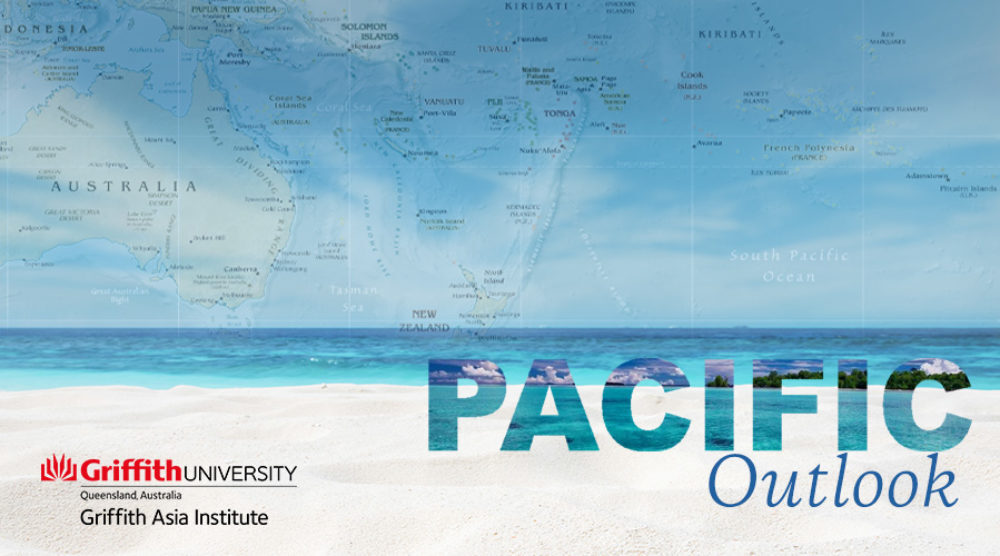PALM 9
Last week, the leaders of the Pacific Islands Forum met with the Prime Minister of Japan and other government officials for the 9th iteration of PALM. PALM is a triennial meeting of Japanese and Forum leaders.
There were some key announcements from Japan. One was a promise of three million doses of COVID-19 vaccines to be delivered into the region by the end of 2021, including via the COVAX facility. Another was the launch of Japan’s “Pacific Bond” (Kizuna) policy.
A significant area of divergence is Japan’s announcement of its intention to discharge Advanced Liquid Processing System (ALPS) treated water from the Fukushima nuclear power station into the Pacific Ocean. This was addressed under the priority cooperation area “Sustainable oceans based on the rule of law”. Pacific leaders highlighted the importance of consultation and undertook to obtain independent scientific assessments of the expected impacts of such actions.
Samoa on the brink of a constitutional crisis
Just hours ahead of the deadline by which the Supreme Court of Samoa had ruled Parliament should meet, the Head of State looks to have nudged his country even closer to a constitutional crisis.
Having been largely absent for quite some time, Tuimaleali’ifano Vaaletoa Sualauvi II made an announcement late on Sunday that Parliament should convene on 2 August. This is in defiance of the order of the Supreme Court that Parliament should meet on 5 July. The Head of State has claimed that the Supreme Court has no jurisdiction to order that Parliament should sit.
This looks to put the Head of State directly at odds with the Supreme Court. Their most recent ruling allows for the concept of necessity” to be revisited in connection with the purported swearing-in of Fiame Naomi Mata’afa and the FAST MPs in the event that Parliament does not meet on 5 July.
COVID-19 in the Pacific
In Fiji, the number of coronavirus infections is continuing to rise, as is the number of deaths. Whilst the vaccination program is continuing to roll out, there is evidence of strain in the health system as a whole. The national gymnasium has now been converted to a field hospital to take less serious cases.
The country’s main hospital put out a notice on Monday requesting that families come forward to claim the bodies of deceased relatives as the morgue is at full capacity.
With the presence of the Delta variant in Australia and Indonesia, Papua New Guinea has raised concerns about it getting into the population there. There is very little testing going on at the moment, so it is impossible to know what the extent of the virus transmission is. More worryingly, only 50,000 people have been vaccinated out of a population of around nine million.
Fifth attempt to select a President in New Caledonia
This week sees another attempt to progress government in New Caledonia. The eleven ministers will meet to try and decide who should be the President. The meeting has been convened by the French High Commissioner.
Previous attempts to form a government have been frustrated by the inability of either of the pro-Independence candidates to secure the necessary six votes.
It is hoped that this attempt will prove more successful with the withdrawal of one of the pro-Independence candidates. Now that the pro-independence parties have decided to drop Samuel Hnepeune, it is expected that Louis Mapu will secure the necessary votes to take office as President.
The lack of government meant that the most recent budget was prepared by the French High Commission.
As well as dealing with the ongoing impacts of COVID-19 in New Caledonia, there is also the issue of the forthcoming independence referendum to be addressed.
Australian Minister in Papua New Guinea
The Australian Minister for the Pacific and International Development visited Papua New Guinea this week. It was Zed Seselja’s first visit to the region since he took on the ministerial portfolio. He visited PNG en route to the Philippines.
Minister Seselja met with the PNG Prime Minister, James Marape and other senior members of the government.
During his visit, he went to Lae where he participated in the formal opening of the Angau Hospital redevelopment. He also visited other key locations in the area, including the site of a proposed mine.
Whilst in PNG Minister Seselja was asked about Chinese claims that Australian consultants had sought to prevent the PNG government from accepting Chinese vaccines. This was further to reporting by the Global Times and comments from the Chinese Foreign Ministry. Minister Seselja said that this was “absolutely not the case”.
Tess Newton Cain is an Adjunct Associate Professor at the Griffith Asia Institute and project lead of the Pacific Hub.








